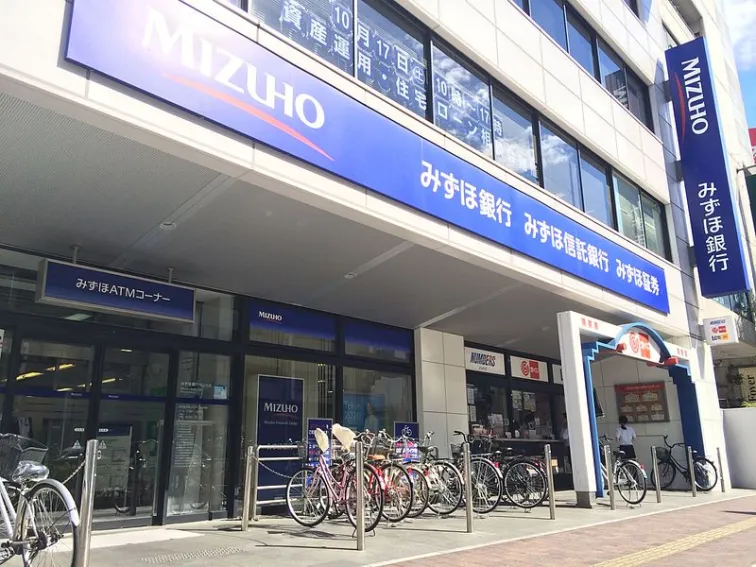
3 reasons why Japanese megabanks' shift towards subordinated loans for corporates is a good move
One of the reasons is that it supports risk-adjusted profitability.
Moody's Japan K.K. says that the change in the lending practices of Japanese megabanks towards providing subordinated loans for large corporations instead of senior loans is credit positive.
"Such an approach will better align the overall pricing of loans to large corporations with their true economic costs, because in times of distress, senior loans to large borrowers behave like subordinated loans, due to the pressure on the banks for forbearance and other concessions," says Tetsuya Yamamoto, a Moody's Vice President and Senior Analyst.
"The shift also promotes a further reduction in bank-corporate cross-shareholdings, adds Yamamoto. "Such shareholdings represent high risk assets and are therefore credit negative," adds Yamamoto.
Here's more from Moody's:
Moody's report identifies three main reasons why the increasing volume of subordinated loans by the megabanks to large corporations is credit positive.
Firstly, it supports risk-adjusted profitability, because senior loans are associated with risks that are not reflected in the pricing of such loans. Secondly, the shift in lending helps support the banks' efforts to reduce their cross-shareholdings, and thirdly, the resultant lower cross-shareholdings are positive for the banks' asset risk and capital.
The megabanks that Moody's refers to in its report comprise: The Bank of Tokyo-Mitsubishi UFJ, Ltd.; Sumitomo Mitsui Banking Corporation; and Mizuho Bank, Ltd.






![Lorem Ipsum [ABF 1]](https://cmg-qa.s3.ap-southeast-1.amazonaws.com/s3fs-public/styles/exclusive_featured_article/public/2025-03/a_hand_pointing_to_a_futuristic_technology_5b87c9d0e3_1.png.webp?itok=2w0y1WhS)


![Cross Domain [Manu + SBR + ABF + ABR + FMCG + HBR + ]](https://cmg-qa.s3.ap-southeast-1.amazonaws.com/s3fs-public/styles/exclusive_featured_article/public/2025-01/earth-3537401_1920_4.jpg.webp?itok=WaRpTJwE)








 Advertise
Advertise

